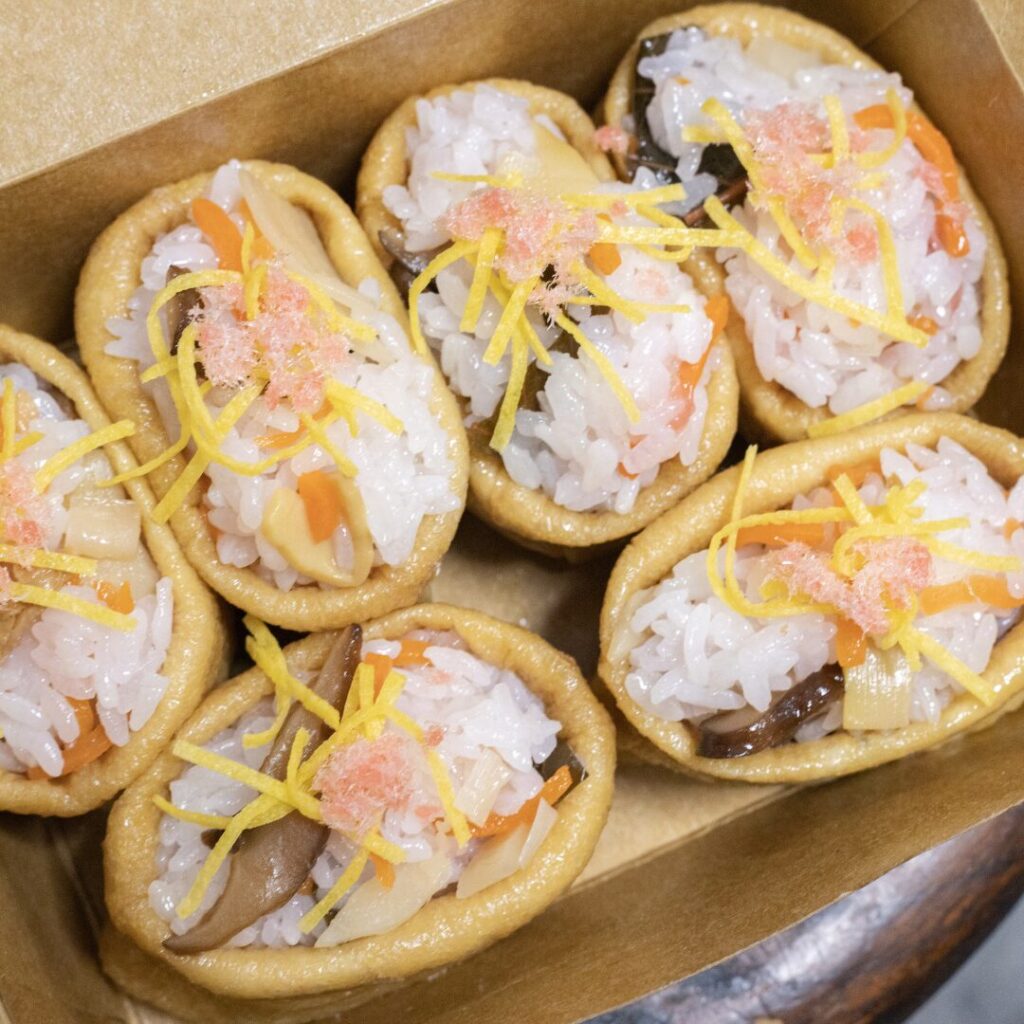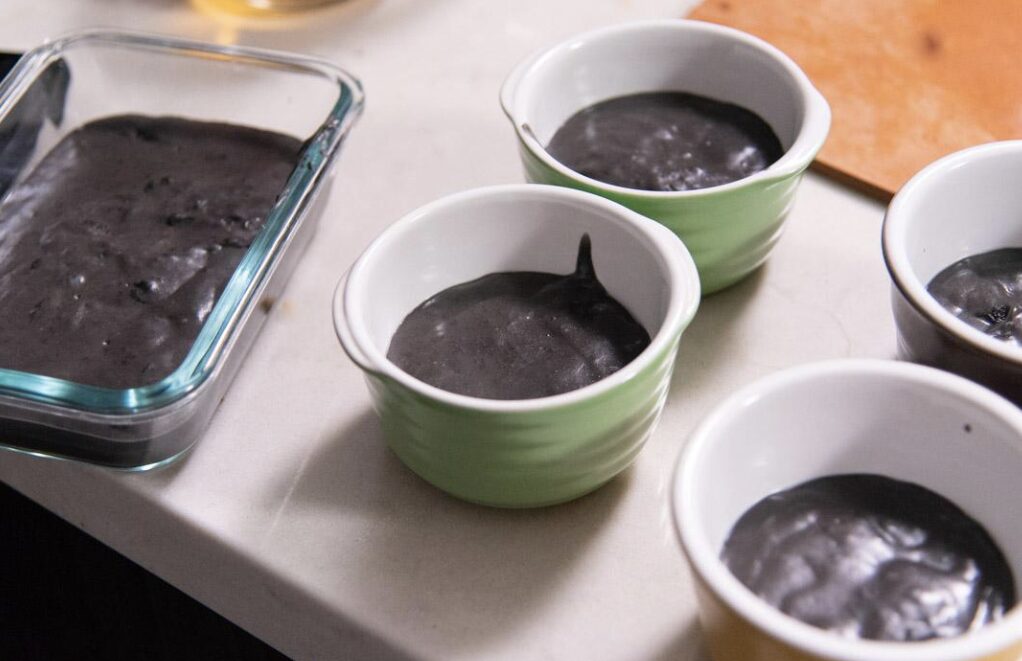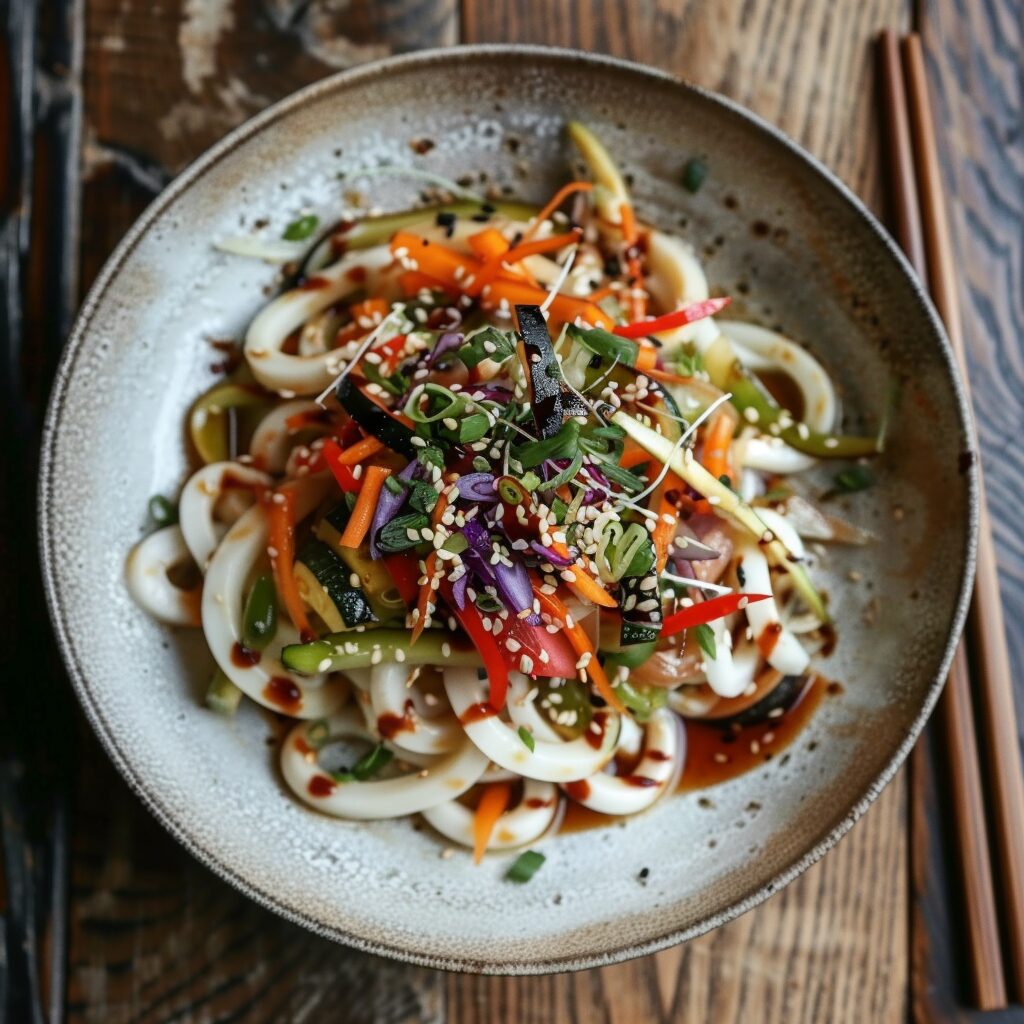Sushi is a popular Japanese dish that has gained immense popularity worldwide.
It is a delicious, healthy, and nutritious meal for humans, but what about our furry friends? Can dogs have sushi? The answer is yes, but it depends on the type of sushi and the ingredients used to make it.
When it comes to feeding sushi to your dog, it is essential to understand the potential risks and benefits.
While sushi is generally safe for dogs, some ingredients can be harmful or even toxic to them. Raw fish, for instance, may contain parasites or bacteria that can cause health issues in dogs.
Therefore, it is crucial to be mindful of what you feed your dog and how much you feed them.
Key Takeaways
- Sushi can be safe for dogs, but it depends on the type of sushi and the ingredients used.
- Raw fish and other unsafe ingredients can be harmful or even toxic to dogs.
- It is crucial to be mindful of what you feed your dog and how much you feed them. Alternatives to sushi can also be a good option for dogs.
Can Dogs Have Sushi?
A popular Japanese dish that consists of vinegared rice, seafood, and vegetables. Sushi is a delicacy that is enjoyed by humans all over the world. But can dogs have sushi? The answer is yes, but with some caveats.
Understanding Sushi Ingredients
Sushi typically contains raw fish, which may contain parasites and bacteria that can be harmful to dogs.
Additionally, some sushi rolls contain ingredients that are toxic to dogs, such as avocado, onion, and garlic.
It is important to check the ingredients before feeding sushi to your dog.
However, not all sushi is bad for dogs.
Sushi rolls that contain only cooked ingredients, such as cucumber or sweet potato, can be a safe and healthy treat for your furry friend.
Some sushi rolls also contain ingredients that are beneficial to dogs, such as salmon, tuna, and seaweed.
Potential Risks for Dogs
Feeding your dog too much sushi can lead to digestive problems, such as vomiting and diarrhea.
Additionally, some dogs may have an allergic reaction to certain ingredients in sushi.
Signs of an allergic reaction include itching, swelling, and difficulty breathing. If your dog experiences any of these symptoms, seek veterinary care immediately.
It is important to note that sushi should not be a regular part of your dog’s diet. While it can be a healthy treat in moderation, it should not replace their regular meals.
As with any new food, it is important to introduce sushi to your dog slowly and in small amounts to avoid any adverse reactions.
In conclusion, dogs can have sushi, but it is important to be cautious and check the ingredients before feeding it to your furry friend. Stick to sushi rolls that contain only cooked ingredients, and avoid any rolls that contain avocado, onion, or garlic.
Safe Sushi Options for Dogs
While sushi is generally safe for dogs to eat, it’s important to choose the right ingredients and avoid any potential health risks. Here are some safe sushi options for dogs:
Cooked Fish
Cooked fish is a great option for dogs. It’s a good source of protein and omega-3 fatty acids.
Some good options include cooked salmon, tuna, and shrimp.
However, make sure to remove any bones and avoid any fish that has been seasoned with garlic or onions, as these are toxic to dogs.
Vegetables
Vegetables are a healthy addition to any dog’s diet, and they can be a great addition to sushi as well.
Some good options include cucumber, carrot, and avocado.
However, make sure to remove the skin and seeds from the avocado, as they can be toxic to dogs.
Brown Rice
Brown rice is a healthy alternative to white rice, and it’s a great addition to sushi for dogs.
It’s a good source of fiber and can help regulate digestion.
However, make sure to avoid any rice that has been seasoned with garlic or onions.
Nori
Nori is a type of seaweed that is often used in sushi.
It’s a good source of vitamins and minerals, and it’s safe for dogs to eat.
However, make sure to avoid any nori that has been seasoned with salt or other spices.
Homemade Sushi
If you’re unsure about the ingredients in store-bought sushi, you can always make your own at home. This way, you can control the ingredients and ensure that your dog is getting a healthy and safe meal.
Just make sure to avoid any ingredients that are toxic to dogs, such as garlic, onions, and chocolate.
Unsafe Sushi Ingredients for Dogs

When it comes to feeding your dog sushi, not all ingredients are created equal. Some ingredients can be harmful to your furry friend and should be avoided. Here are some unsafe sushi ingredients for dogs:
Raw Fish
Raw fish is a common ingredient in sushi, but it can pose a risk to your dog’s health.
Raw fish can contain harmful bacteria and parasites that can cause vomiting, diarrhea, and other health problems.
Also, some types of raw fish, such as salmon, can contain a parasite called Neorickettsia helminthoeca, which can be fatal to dogs if left untreated.
Wasabi and Soy Sauce
Wasabi and soy sauce are popular condiments for sushi, but they can be harmful to your dog.
Wasabi is a spicy condiment that can cause irritation and inflammation in your dog’s mouth, throat, and digestive system.
Soy sauce is high in sodium, which can lead to dehydration and other health problems in dogs.
Soy sauce also contains a compound called xylitol, which is toxic to dogs and can cause a rapid insulin release, leading to hypoglycemia.
Rice and Seaweed
While rice and seaweed are generally safe for dogs to eat, they can pose a risk if they are not prepared properly.
Rice can contain harmful bacteria that can cause food poisoning in dogs.
Seaweed can be high in iodine, which can lead to thyroid problems in dogs if consumed in large quantities.
Some types of seaweed, such as hijiki, can contain arsenic, which can be toxic to dogs if consumed in large quantities.
How to Serve Sushi to Dogs

If you’ve decided to share a bit of sushi with your furry friend, it’s important to do so safely. Here are some tips for serving sushi to dogs:
- Avoid raw fish: Raw fish can contain harmful bacteria and parasites that can make your dog sick. Stick to cooked fish or vegetarian sushi rolls instead.
- Check for ingredients: Some ingredients commonly found in sushi, such as avocado or wasabi, can be toxic to dogs. Make sure to check the ingredients before sharing sushi with your dog.
- Serve in moderation: While sushi can be a healthy and nutritious treat for dogs, it should be served in moderation. Too much sushi can upset your dog’s stomach or lead to weight gain.
- Cut into small pieces: To make it easier for your dog to eat, cut the sushi into small, bite-sized pieces.
- Watch for any adverse reactions: Keep an eye on your dog for any signs of an adverse reaction, such as vomiting or diarrhea. If your dog does have a negative reaction, stop feeding them sushi and contact your veterinarian.
Remember, sushi should never replace your dog’s regular meals and should only be given as an occasional treat. With these tips in mind, you can safely share sushi with your furry friend!
Alternatives to Sushi for Dogs

While sushi can be a delicious and healthy treat for humans, it may not be the best option for our furry friends.
Fortunately, there are plenty of alternatives that can provide similar nutritional benefits without the risk of harmful ingredients.
Vegetables
Vegetables are a great way to provide dogs with essential vitamins and minerals.
Some good options include carrots, green beans, sweet potatoes, and broccoli.
These can be steamed or boiled and served as a healthy snack or mixed in with their regular meals.
Fruits
Fruits are another healthy alternative to sushi.
They are a good source of vitamins, fiber, and antioxidants.
Some good options include apples, bananas, blueberries, and watermelon.
However, it is important to remove any seeds or pits that can be harmful to dogs.
Commercial Dog Treats
Commercial dog treats are a convenient and easy way to provide dogs with a variety of flavors and nutrients.
However, it is important to choose treats that are made with high-quality ingredients and free from harmful additives and preservatives.
Look for treats that are specifically designed for dogs and made with real meat and vegetables.
In conclusion, while sushi may not be the best option for dogs, there are plenty of alternatives that can provide similar nutritional benefits.
Cooked fish, vegetables, fruits, and commercial dog treats are all great options to consider. As always, it is important to consult with a veterinarian before introducing any new foods to your dog’s diet.
Frequently Asked Questions
Here are some frequently asked questions about feeding sushi to dogs:
Can dogs eat sushi?
Yes, dogs can eat sushi, but only in moderation. Sushi is generally safe for dogs to eat as long as it does not contain any harmful ingredients.
However, it is important to note that dogs have different dietary needs than humans, so it is best to consult with a veterinarian before feeding your dog sushi.
What types of sushi are safe for dogs?
Dogs can eat sushi that contains cooked fish, vegetables, and rice.
Raw fish, on the other hand, should be avoided as it can contain harmful parasites and bacteria that can make dogs sick.
Sushi that contains spicy sauces, wasabi, or other ingredients that are harmful to dogs should be avoided.
How much sushi can I feed my dog?
Sushi should only be given to dogs as an occasional treat and in small amounts.
Overfeeding your dog sushi can lead to digestive issues, such as vomiting and diarrhea.
It is recommended to give your dog no more than a few small pieces of sushi at a time.
What should I do if my dog eats too much sushi?
If your dog eats too much sushi, it is important to monitor them for any signs of digestive upset, such as vomiting or diarrhea. If your dog experiences any of these symptoms, contact your veterinarian for advice on how to proceed.



Konnichiwa! (Hello!) I'm Pat Tokuyama, a Japanese tofu cookbook author, who travels for music, food, and adventure. If you like Japanese tea, checkout some of the newestorganic japanese tea, matcha bowls and noren and more!
** Curious about the Plant Based Japanese Cooking Club? ** Learn more here!
Can sushi be a part of a dog’s regular diet?
No, sushi should not be a part of a dog’s regular diet. While sushi can be a healthy treat for dogs in moderation, it should not replace their regular meals. Dogs require a balanced diet that is specifically formulated to meet their nutritional needs.










Konnichiwa! (Hello!) I'm Pat Tokuyama, a Japanese tofu cookbook author, who travels for music, food, and adventure. If you like Japanese tea, checkout some of the newestorganic japanese tea, matcha bowls and noren and more!
** Curious about the Plant Based Japanese Cooking Club? ** Learn more here!